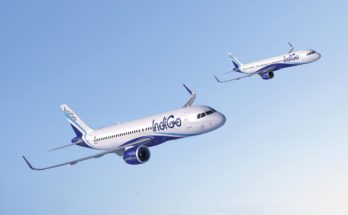
The COVID-19 crisis has had a substantial effect on the space industry. But what of the people currently living in space? The International Space Station (ISS) has been home to various numbers of astronauts and cosmonauts over the years; however, now the situation has forced some changes to the standard operating procedure.
Roscosmos, the Russian space agency, sees no reason to delay the launch or return of crew to and from the ISS. As it stands, the three members of the Expedition 62 crew will return to Earth on April 17. The replacement crew is planned to launch from Baikonur on April 9. Russia is working with Kazakhstan to realize these launch dates. Although the launch dates currently remain the same, traditional procedures in handling the crews on the ground have been altered.
The conventional order of events for crews on the ground includes visiting Yuri Gagarin’s ashes and office at Star City. These events have been eliminated and replaced with a two-week quarantine in effect for the three crew members. Unlike the traditional two-week quarantine, this measure will be implemented before the astronauts and cosmonauts even reach Baikonur. Those who tend to the crew will also be in quarantine.
Regarding the crew currently in space, it seems it is business as usual from a mission standpoint; however, people on Earth have been looking to them to provide tips and reassurance. Living on the ISS is in many ways a quarantine-like situation. Retired astronaut Scott Kelly gave some advice on coping, and future crew member Chris Cassidy offered sympathetic words.
Mission delays have already affected the space industry. Rocket Lab has delayed a launch and the Guiana Space Center has suspended launches. As with other industries, it will take some time to see what the fallout of COVID-19 will be.
Carter Palmer has long held a keen interest in military matters and aviation. As an analyst for Industrial & Marine Turbine Forecast, Carter specializes in examining key gas turbine programs for electrical power generation, mechanical drive, and marine propulsion applications. He is also responsible for updating the reports and analyses within the Space Systems Forecast – Launch Vehicles & Manned Platforms and Space Systems Forecast – Satellites & Spacecraft products.




